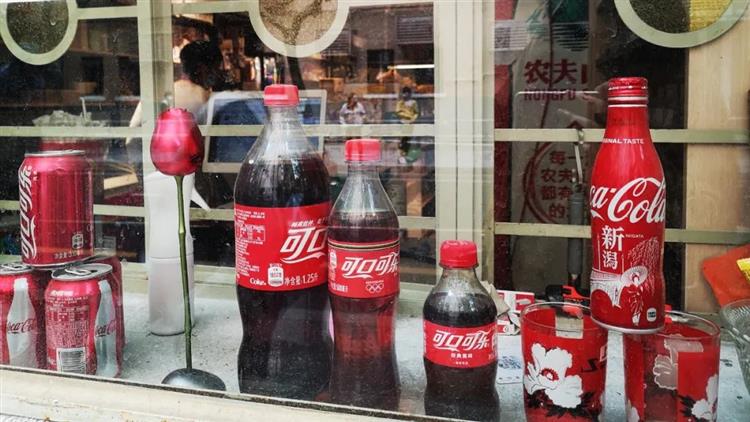There's a lot of confusion and frustration living as a foreigner under lockdown. You can guess it’s time for a PCR test when the megaphone starts screaming like crazy downstairs, and when a group of people in hazmat suits suddenly show up on your doorstep, they rarely bring good news. All of this can leave you to wonder what may be, if only you've put more effort into your Chinese.
We assume by now you are pretty fluent with essential lockdown vocabs like hesuan (nucleic acid test) or kangyuan (antigen test). But what should you call the person in the hazmat suit, the ayi who organises group buy in your building or the guy who charges way much to get your surviving basket delivered? Read on to find out.
Photograph: Yu Zhiming
Translated literally as Big White, this refers to the people inside those white hazmat suits with blue zippers that are often spotted in your compound. Da bais can be the medical staff participating in pandemic control and the compound disinfectant team. They can also be neighbourhood committee members who woke you up in the wee hours with a megaphone and compound volunteers who deliver your order from the gate to your doorstep.
Originally a Chinese military rank insignia meaning commander, Tuan zhangs during the lockdown are those local heroes who help people source food when the supply chain is down and delivery apps inutile. As fridges empty and the lockdown period extends, people turn to Tuan zhangs for survival essentials, from staples to veggies and meats. The name is also an intelligent wordplay of the character Tuan, which means 'a group without a specific number of members' used as a noun and 'buy things in bulk' used as a verb.
Photograph: @bluebird_travel_via Instagram
Pao tui, translated as 'running leg', is someone who does the running for you because a. you don't want to do it yourself; b. you don't have the time or c. you can't do what you usually do. Before lockdown, pao tuis can do literally anything: send keys to your boyfriend who locked himself out, queue for a crazily busy restaurant or get the milk tea you want from Familymart that is literally downstairs. During the lockdown, pao tuis crisscross empty streets, knocking on pharmacies and grocery stores to deliver us medicines and life essentials when many of us remain home-bound.
If there's a word that cringes people the most, if not freaks them out during the lockdown, it is Fang cang. The 'square cabin', as it's called in Chinese, refers to the makeshift hospital that is quickly assembled using prefabricated materials or a large indoor space within existing venues such as gyms and exhibition centres. (The National Exhibition and Convention Center in Qingpu is currently the largest fang cang in shanghai, which now shelters 50,000 people). Provided with beds, meals, wifi and basic supplies, Fang cangs, in principle, help relieve the pressure from overcrowded hospitals by treating positive cases collectively.
Photograph: Rainnie Zhang
It doesn't take much imagination to understand what 'happy water' is. Initially referring to the one and only Coco-Cola, the term now encompasses any carbonated drinks that promise you a sugar rush. The Shanghai lockdown has forced many to purchase only the absolute necessities, but who doesn't welcome some happy mixture of caffeine and sugar? As supply chains restore in some areas and slightly overpriced happy water slowly reaches some lucky doorsteps, the result can be some pretty exciting barter economy within communities.
